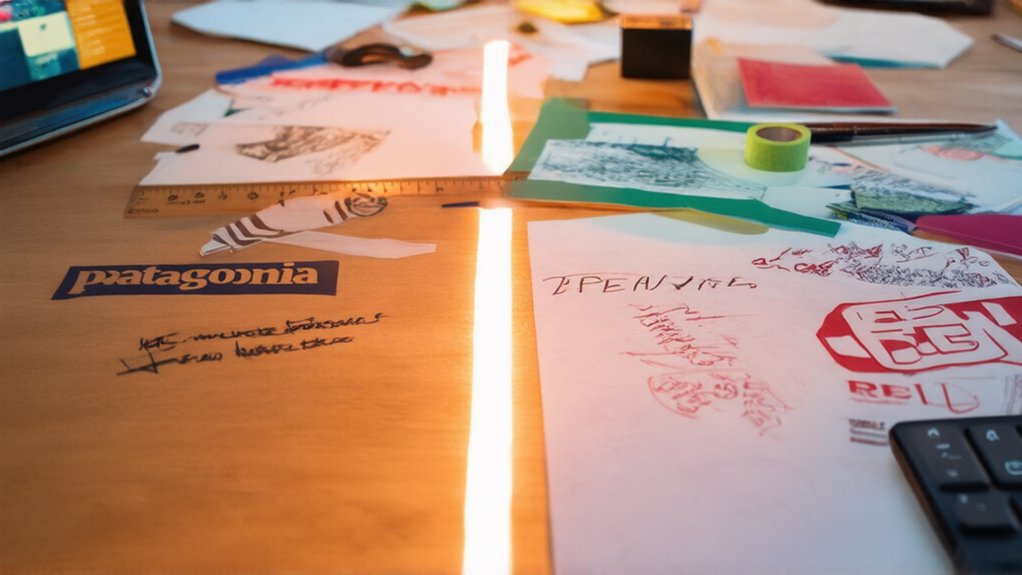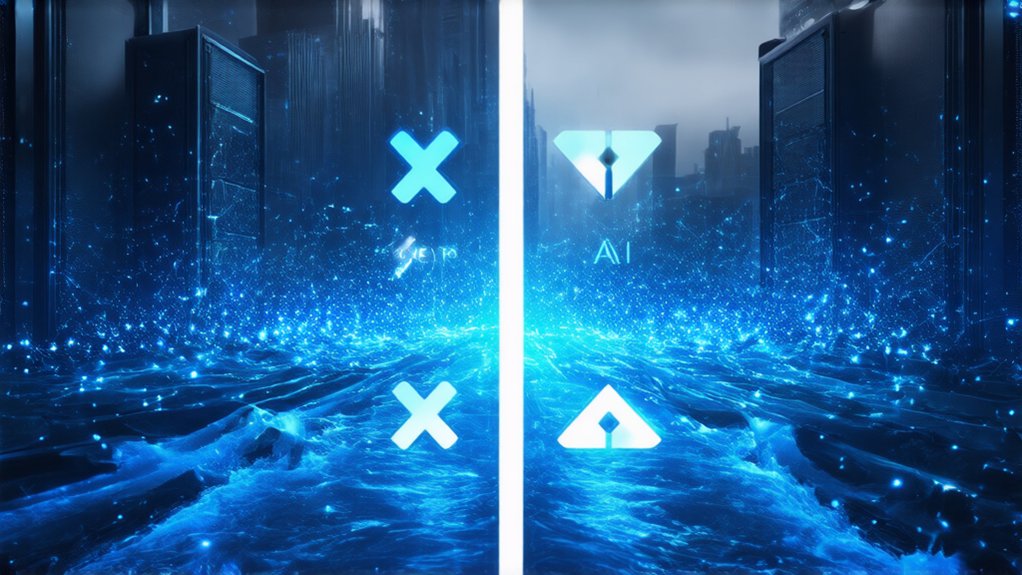In a world where AI is gobbling up creative jobs left and right, some bold brands are finally pushing back. They’re ditching AI-generated content like it’s last season’s trend, opting for the real deal—human creativity. Take a look at companies like Patagonia or The New York Times; they’re not messing around. Oh, sure, AI can spit out words faster than a caffeinated intern, but these brands say it’s soulless junk. Can you blame them? AI might save time, but it lacks that human touch, the spark that makes content feel alive.
Bold brands are ditching AI content like last season’s trend, embracing human creativity’s irreplaceable spark.
Why the rejection? Well, these brands worry about authenticity. Imagine this: a customer spots an AI-crafted ad that’s polished to perfection but rings hollow. It’s like biting into a fake apple—crisp on the outside, but nothing inside. Brands like Allbirds are drawing a line, insisting on human writers who pour heart into every sentence. AI, they argue, can’t capture nuance or emotion. It’s all algorithms and data dumps, churning out stuff that feels as genuine as a politician’s promise.
And let’s not ignore the backlash. Consumers are getting savvy, calling out AI slop on social media. One brand executive bluntly stated, “AI content? We’d rather not alienate our audience.” Sarcastic, right? Because who wants to build loyalty with machine-made mush? These companies are betting big on human talent, even if it means higher costs or slower production. It’s a bold move in an era where shortcuts are tempting.
But here’s the kicker: rejecting AI isn’t just about ethics; it’s smart business. Brands like REI report that human-driven campaigns boost engagement, fostering real connections. AI might dominate search results, but it can’t tell a story that sticks. Short and sweet, these rebels are proving that in the creative world, heart beats code every time. While AI content tools can boost SEO ROI by 68%, these brands maintain that authentic human content delivers more lasting value.
Of course, not everyone’s on board yet. Critics scoff, saying, “Adapt or die.” Yet, these brands fire back with a defiant shrug. They’re not anti-tech; they’re pro-human. In this tug-of-war, the human element wins, one authentic word at a time. It’s messy, it’s real, and yeah, it’s worth it.




